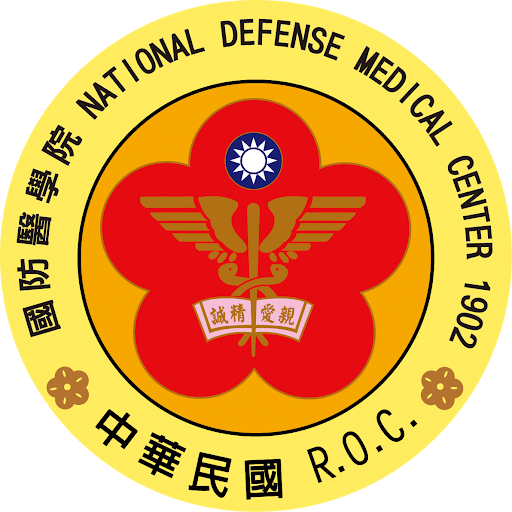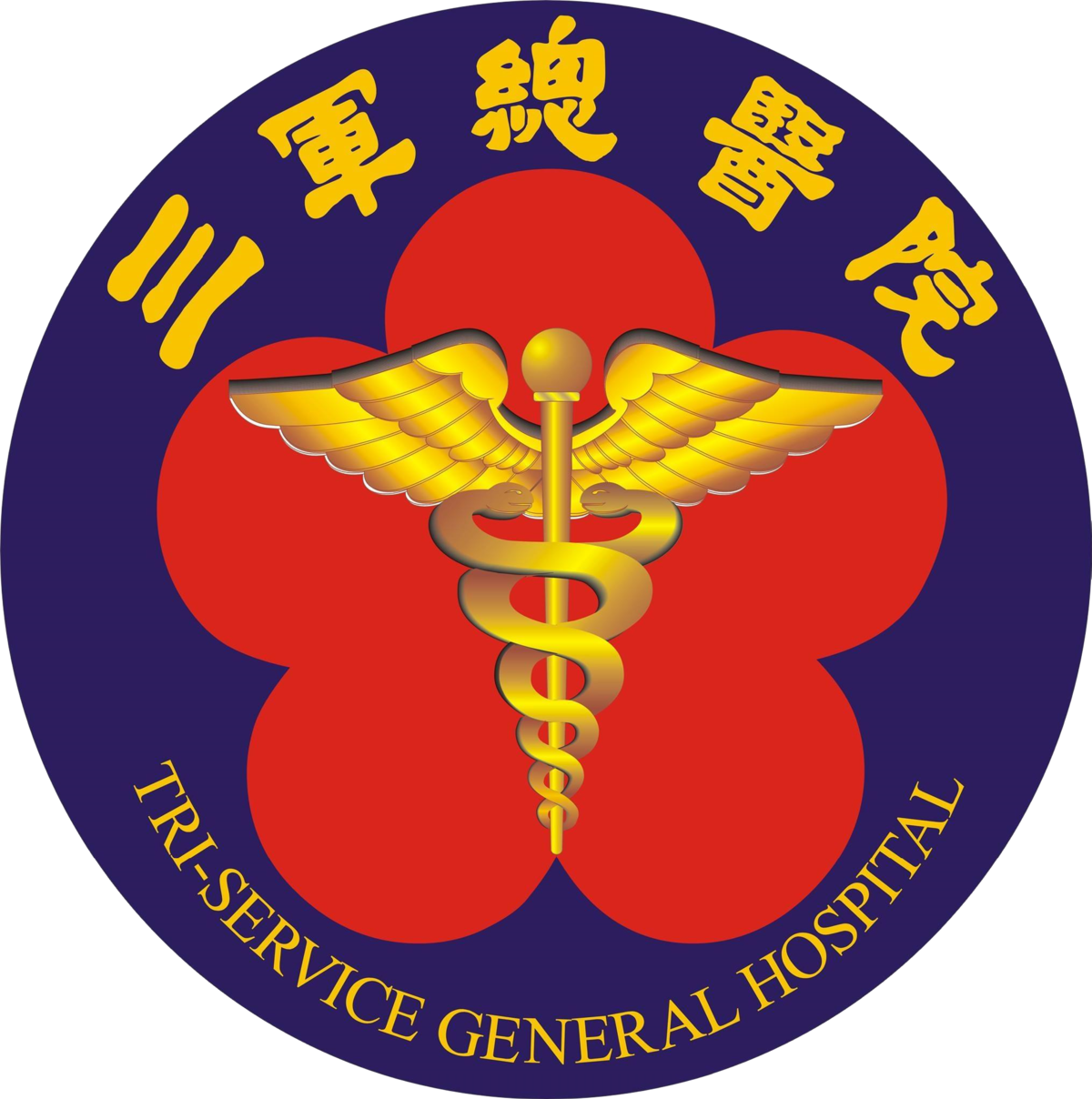
Principal Investigator: Chin Lin, PhD
Present
2026/02–Present Professor, School of Medicine, National Defense Medical University
2026/02–Present Director, Medical Technology Education Center, National Defense Medical University
2024/06–Present Director, AI Core Lab, Military Digital Medical Center, Tri-Service General Hospital
Experience
2021/08–2026/01 Associate Professor, School of Medicine, National Defense Medical University
2019/07–2026/01 Deputy Director, Medical Technology Education Center, National Defense Medical University
2019/06–2024/06 Chief Technology Officer, AIoT Center, Tri-Service General Hospital
2020/07–2024/05 Deputy Secretary-General, Aviation Medical Association R.O.C.
2018/08–2021/07 Assistant Professor, Graduate Institute of Life Sciences, National Defense Medical University
2017/07–2018/07 Postdoctoral Research Fellow, Department of Research and Development, National Defense Medical University
2016/08–2018/07 Adjunct Assistant Professor, School of Public Health, National Defense Medical University
Academic Service
2025/01–Present Associate Editor, npj Digital Medicine
2022/05–2024/12 Editorial Board Member, Scientific Reports
2021/11–2023/07 Guest Editor, Journal of Personalized Medicine
Dr. Chin Lin is a data scientist whose work centers on establishing clinical evidence standards for medical artificial intelligence. His research integrates large-scale electronic health records, electrocardiography, medical imaging, and home-based sensing to develop AI systems that are not only accurate, but clinically actionable and outcome-improving.
He has led or co-led more than ten pragmatic randomized controlled trials evaluating AI-enabled clinical workflows, with results published in Nature Medicine, NEJM AI, Radiology, and Nature Communications. His team developed an AI-ECG platform that has received TFDA approval and USFDA Breakthrough Device Designation, has been transferred to industry, and deployed across multiple hospitals and rural screening programs.
A central theme of his work is treating AI not as a standalone model, but as a system-level intervention that links prediction, clinical action, and patient outcomes within real-world healthcare environments.
Selected publications
- Lin CS, Liu WT, Tsai DJ, Lou YS, Chang CH, Lee CC, Fang WH, Wang CC, Chen YY, Lin WS, Cheng CC, Lee CC, Wang CC, Tsai CS, Lin SH, Lin C* (2024, May). AI-enabled electrocardiography alert intervention and all-cause mortality: a pragmatic randomized clinical trial. Nature Medicine, 30(5):1461–1470.
- Lin C, Liu WT, Chang CH, Lee CC, Hsing SC, Fang WH, Tsai DJ, Chen KC, Lee CH, Cheng CC, Hung YJ, Lin SH, Tsai CS, Lin CS* (2024, Jun). Artificial Intelligence–Powered Rapid Identification of ST-Elevation Myocardial Infarction via Electrocardiogram (ARISE) — A Pragmatic Randomized Controlled Trial. NEJM AI, 1(7):AIoa2400190.
- Lin C, Tsai DJ, Wang CC, Chao YP, Huang JW, Lin CS, Fang WH* (2024, Jun). Osteoporotic Precise Screening Using Chest Radiography and Artificial Neural Network: The OPSCAN Randomized Controlled Trial. Radiology, 311(3):e231937.
- Lin C, Lin CS, Chen SJ, Tsai SH, Sung CC, Chen CC, Hsu YJ, Hsu YJ, Lin SH* (2026, Jan). AI-enabled Electrocardiogram Alert for Potassium Imbalance Treatment: A Pragmatic Randomized Controlled Trial. Nature Communications, 17:159.
- Lin C, Chau T, Lin CS, Shang HS, Fang WH, Lee DJ, Lee CC, Tsai SH, Wang CC, Lin SH* (2022, Jan). Point-of-care artificial intelligence-enabled ECG for dyskalemia: a retrospective cohort analysis for accuracy and outcome prediction. npj Digital Medicine, 5(1):8.
- Dayan I, Roth HR, Zhong A, Harouni A, Gentili A, Abidin AZ, Liu A, Costa AB, Wood BJ, Tsai CS, Wang CH, Hsu CN, Lee CK, Ruan P, Xu D, Wu D, Huang E, …, Lin C, …, Flores MG*, Li Q (2021, Oct). Federated learning for predicting clinical outcomes in patients with COVID-19. Nature Medicine, 27(10):1735–1743.
Important news (Invited talks)
Date |
Event |
Link |
|---|---|---|
2025/12/26 |
The "Artificial Intelligence System for Electrocardiograms" developed by this team has been honored with the Platinum Award in the National Healthcare Quality Award [Outstanding Healthcare Category]. |
Award link |
2025/12/18 |
The "Artificial Intelligence System for Chest X-ray" developed by our team received the National Innovation Award. |
News Link |
2025/10/18 |
Dr. Lin, the director of the research laboratory, has been honored with the Professor Chen Kung-Pei Memorial Award by the Taiwan Public Health Association. |
Award link |
2025/10/02 |
The "Artificial Intelligence System for Electrocardiograms" developed by this team has been honored with the First Prize (Medical Center Category) and the AI Application Special Awardof the Healthcare Innovation and Digital Transformation Award. |
News Link |
2025/02/07 |
The "Artificial Intelligence System for Electrocardiograms" developed by this team has been awarded the National First Silver Award of National Quality of the National Biotechnology and Medical Care Quality Award. |
News Link |
2023/11/23 |
The "Artificial Intelligence System for Electrocardiograms" developed by this team has been honored with the Excellent Award in the "genius for home" competition funded by Mediatek. |
News link |
2023/09/15 |
The "Artificial Intelligence System for Electrocardiograms" developed by this team has been honored with the Gold Award in the Taipei Biotech Awards [Cross-Domain Category]. |
News link |
2023/08/01 |
The "Artificial Intelligence System for Electrocardiograms" technology developed by this team has been transferred to Quanta. |
News link |
2023/01/12 |
The "Artificial Intelligence System for Electrocardiograms" developed by this team has been honored with the Gold Award in the National Healthcare Quality Awards [Smart Healthcare Category]. |
Award link |
2022/10/15 |
Dr. Lin, the director of the research laboratory, has been honored with the National Future Technology Award by the National Science Council. |
Award link |
2022/05/03 |
The "Hypokalemia Detection System" developed by this team has been awarded the Gold Seal of National Quality [Medical Institution Category] by SNQ |
Related information |
2020/12/01 |
This team has been recognized as the National Startup Rising Star of the year and presented at the National Startup Awards ceremony. |
News link |
2020/10/19 |
Dr. Lin, the director of the research laboratory, has been interviewed by the Discovery Channel. |
Vedio link |
Research Themes
We develop clinically grounded AI systems that span the full spectrum from signal discovery to real-world deployment. Our work integrates multimodal electronic health records, ECGs, imaging, and home-based sensing with large-scale pragmatic randomized trials. The overarching goal is to move healthcare from a reactive, hospital-centered model to a proactive, continuous, and AI-enabled ecosystem that improves prevention, diagnosis, and long-term outcomes.We develop medical AI systems across the entire translational spectrum—from signal discovery and model development to clinical trials, regulatory validation, and real-world deployment. By integrating multimodal EHR data, ECGs, imaging, and home-based sensing with large-scale pragmatic trials, our research aims to transform routine clinical data into scalable tools for prevention, early detection, and longitudinal disease management.

Home sensing & digital biomarkers
We link Apple Watch ECGs, single-lead home ECG devices, and other wearable or smartphone-based signals with clinical outcomes to build robust digital biomarkers. These models aim to monitor cardiovascular and metabolic status outside the hospital, enabling earlier intervention and continuous, patient-centered care.

AI-enabled opportunity screening & knowledge discovery
Using large-scale EHR, ECG, and chest radiography datasets, we construct thousands of “examination–disease” pairs and train multimodal AI models to uncover latent physiological relationships. This line of work powers opportunistic screening strategies that repurpose routine tests for early detection and prevention.

Clinical AI trials & real-world deployment
Our team designs and leads pragmatic randomized controlled trials to evaluate how AI tools affect clinical decisions, follow-up actions, and patient outcomes. We are particularly interested in human–AI interaction and in defining Phase I–IV frameworks for clinical AI, ensuring that algorithms are safe, effective, and scalable in routine care.
Core team
Core members:

Chin Lin
Director

Kai-Chieh Chen
Post doc

Xin-An Lin
Section chief

Pang-Han Wu
Section chief

Chih-Yu Chien
Back-end engineer

Shin Li
AI engineer

Ting-Shu Li
Back-end engineer

Jun-Yu Zhao
App engineer

Fran Fang
Front-end engineer

Shang-Yang Lee
Data engineer

Hsi Chen
Back-end engineer

Yung-Feng Hsu
App engineer

Yu-Jr Lin
Data analyst

Brian Huang
Back-end engineer

Pei-En Lu
UI/UX engineer

KK
Back-end engineer
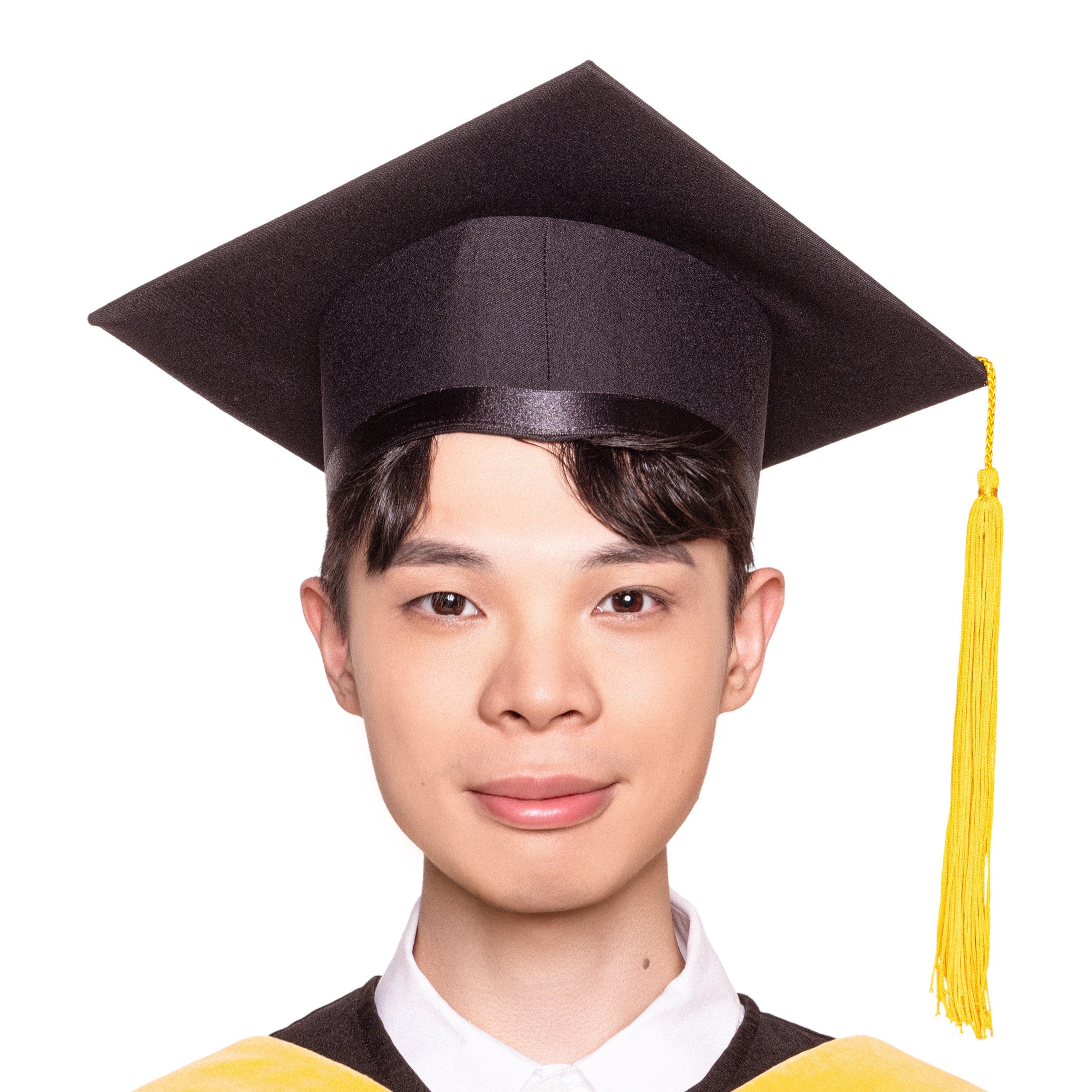
Yi-Hung Chiu
AI engineer

Yuan-Shao Lan
Front-end engineer

Ting-Tzu Hsu
Data engineer

Ling-Tai Wu
Back-end engineer
Collaborators:
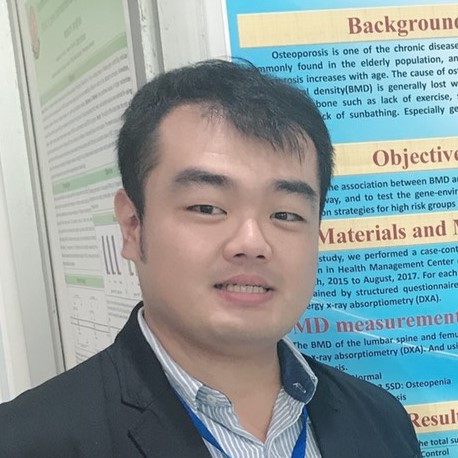
Dung-Jang Tsai
Faculty

Ping-Hsuan Hsieh
Faculty
Past members:

Yu-Sheng Luo
Post doc

Wei-Zhi Lin
Post doc
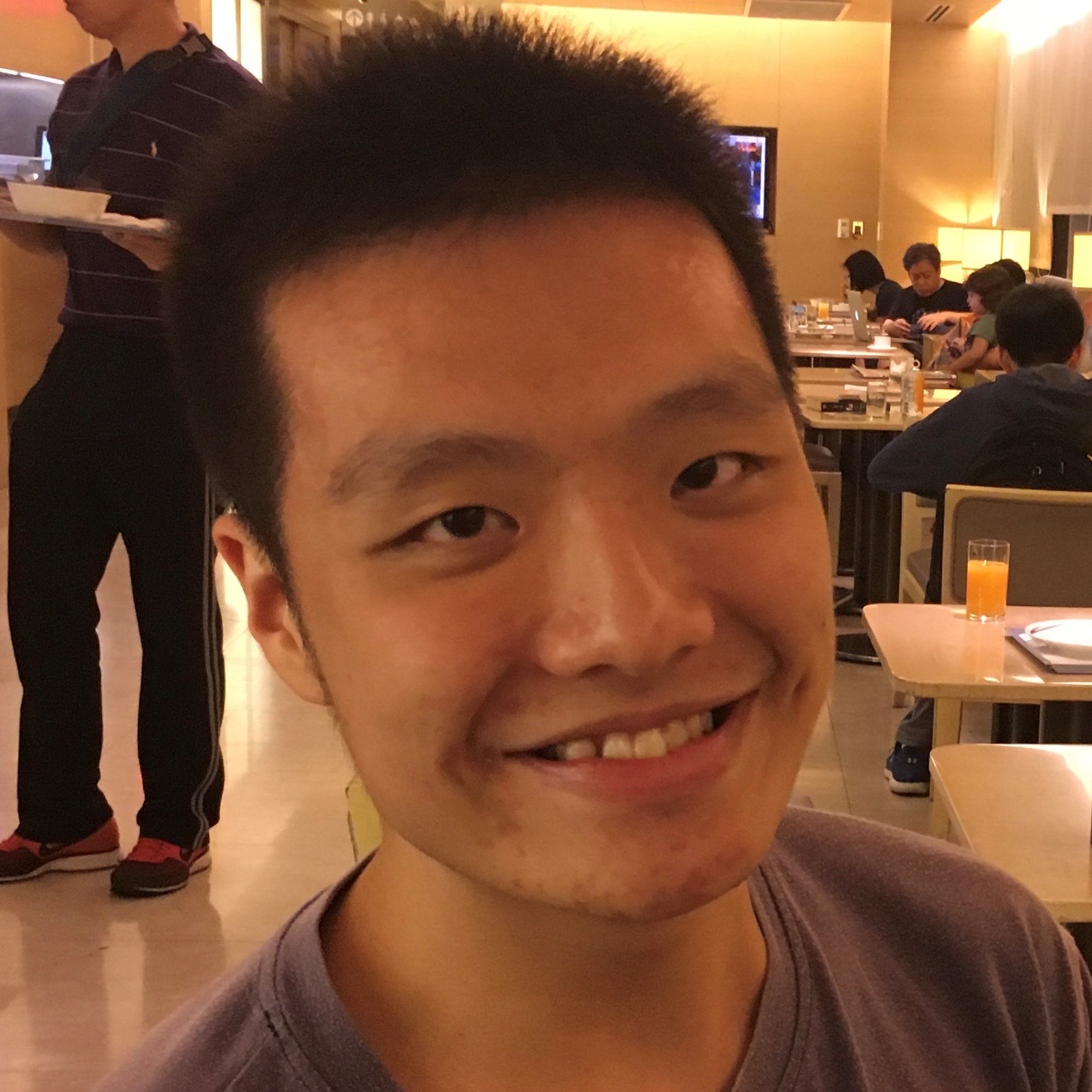
Jiunn-Harng Teng
PhD student

Chun-Ho Lee
MS

Ying-Chu Chen
MS

Hai-Lun Huang
Data engineer
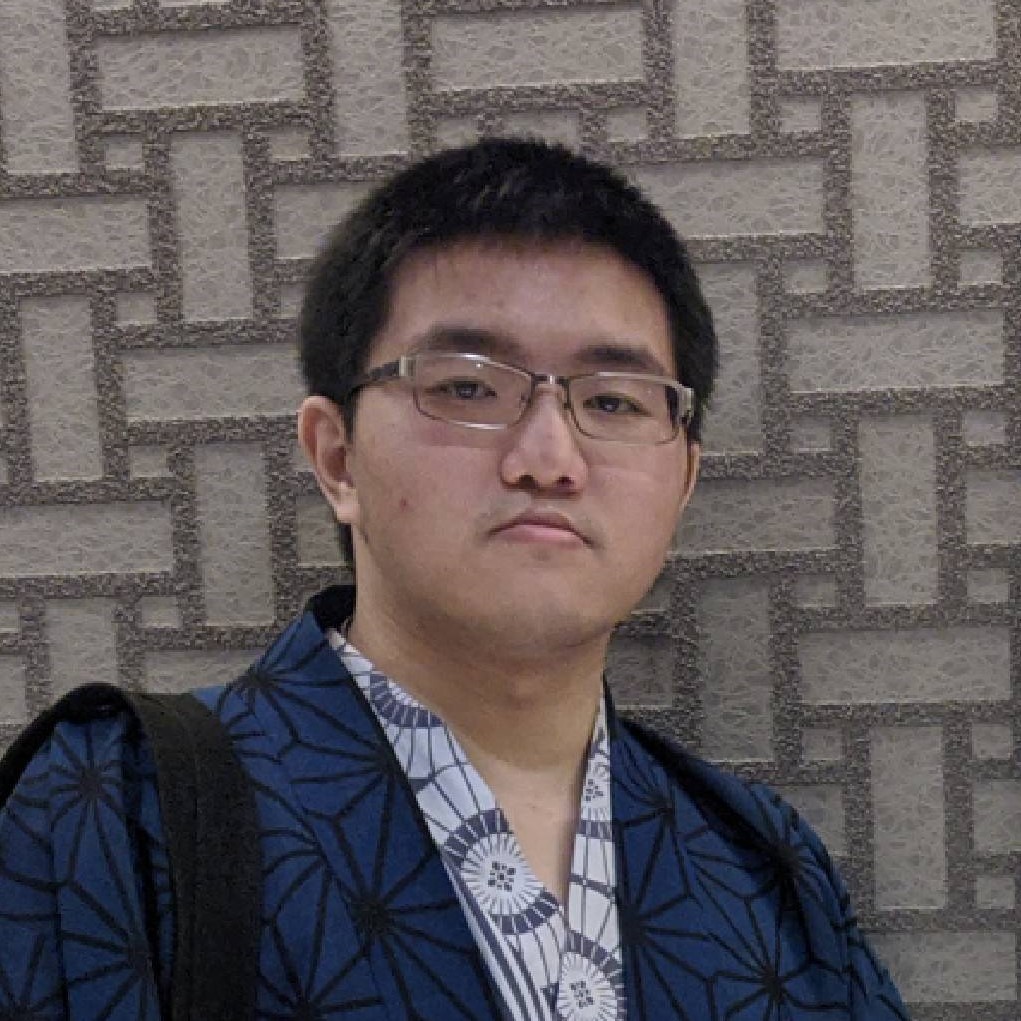
Chu-Po Jui
Back-end engineer

Jing Kao
Data analyst
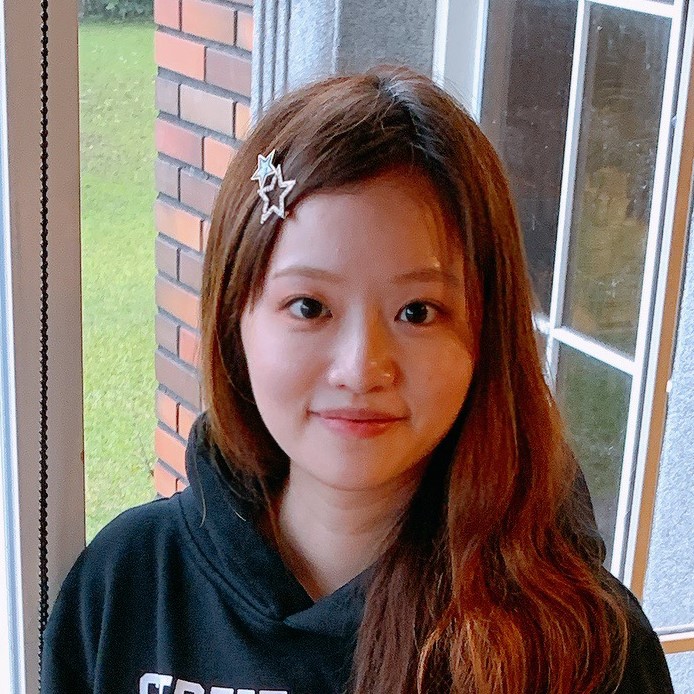
Pink Hsu
Assistant

Hao-Wei Wang
Assistant

Yu-Han Chen
Assistant

Chen-Yi Wu
Assistant
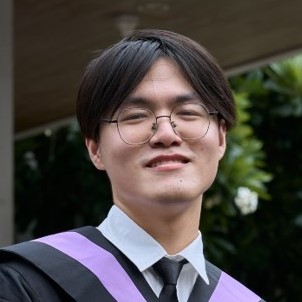
Chalanthorn
App engineer

